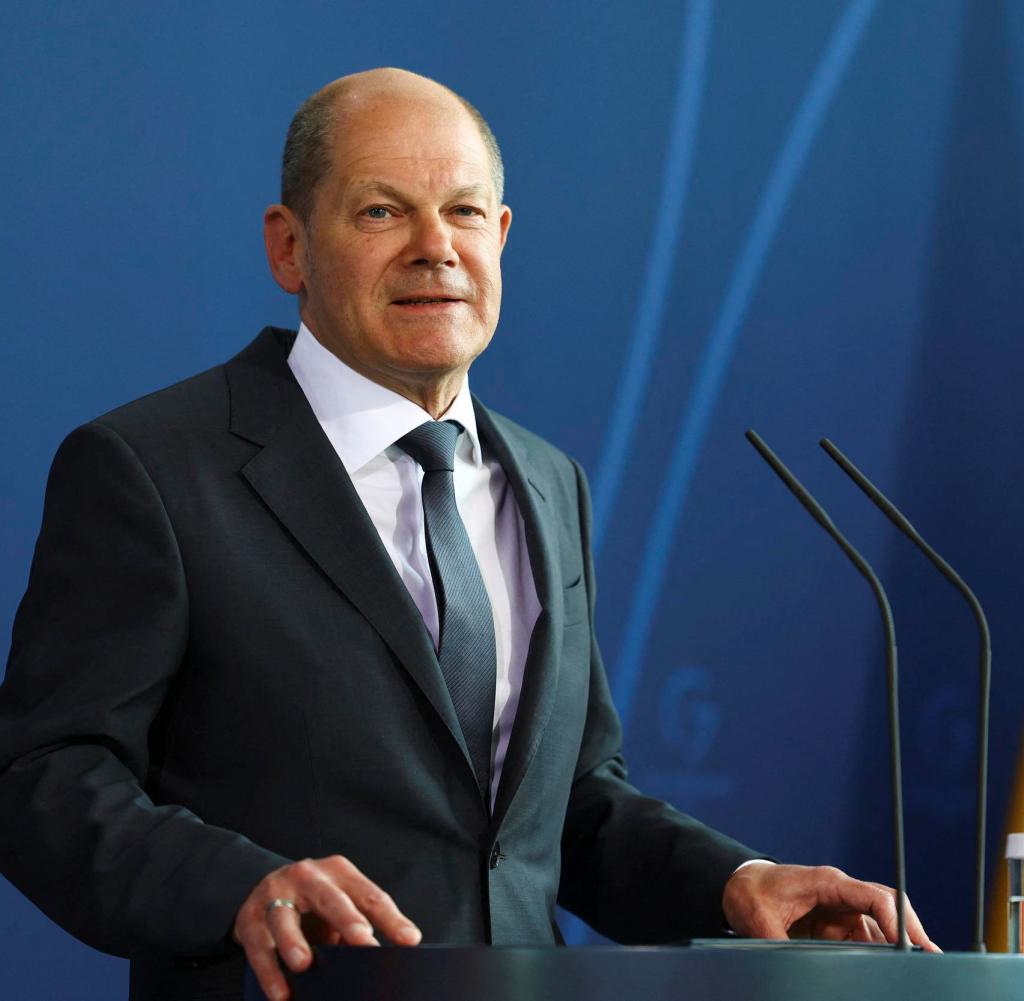BERLIN, (Reuters) – NATO must avoid a direct military confrontation with Russia that could lead to a third world war, German Chancellor Olaf Scholz said in an interview with Der Spiegel when asked about Germany’s failure to deliver heavy weapons to Ukraine.
Scholz is facing growing criticism at home and abroad for his government’s apparent reluctance to deliver heavy battlefield weapons, such as tanks and howitzers, to Ukraine to help it fend off Russian attacks, even as other Western allies step up shipments.
Asked in an extensive interview published today why he thought delivering tanks could lead to nuclear war, he said there was no rule book that stated when Germany could be considered a party to the war in Ukraine.
“That’s why it is all the more important that we consider each step very carefully and coordinate closely with one another,” he was quoted as saying. “To avoid an escalation towards NATO is a top priority for me.”
“That’s why I don’t focus on polls or let myself be irritated by shrill calls. The consequences of an error would be dramatic.”
This was a departure from his previous statements on the topic, focusing on the fact that Germany’s own military’s stocks were too depleted to send any heavy battlefield weapons while those the German industry has said it could supply could not easily be put into use.
Asked why he would not explain his government’s reluctance with the threat of nuclear war, he said such “simplifications” were not helpful.
Separately, Scholz defended his decision not to immediately end German imports of Russian gas in response to what Russia calls a “special military operation” in Ukraine.
“I absolutely do not see how a gas embargo would end the war. If (Russian President Vladimir) Putin were open to economic arguments, he would never have begun this crazy war,” he said.
“Secondly, you act as if this was about money. But it’s about avoiding a dramatic economic crisis and the loss of millions of jobs and factories that would never again open their doors.”
Scholz said this would have considerable consequences not just for Germany but also for Europe and the future financing of the reconstruction of Ukraine.










